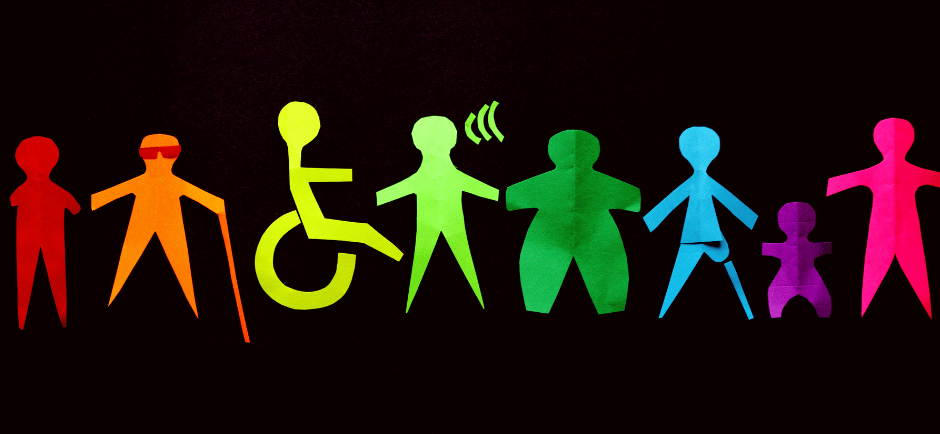Supporting Individuals with Disabilities in Overcoming Pornography Addiction: Unique Challenges
Learn about tailored intervention approaches for supporting individuals with disabilities in overcoming pornography addiction. Discover the unique challenges they face and find effective strategies...


Pornography Addiction and Disability: Unique Challenges and Tailored Intervention Approaches
Individuals with disabilities who struggle with pornography addiction face unique challenges that are often overlooked. Accessibility barriers, stigma, and the need for tailored intervention approaches are some of the key factors that must be considered when addressing this issue. In this blog post, we will examine these challenges and explore potential solutions to support individuals with disabilities in overcoming pornography addiction.
1. Accessibility Barriers
Accessibility barriers play a significant role in limiting the support available to individuals with disabilities who struggle with pornography addiction. Many online platforms and resources related to addiction recovery and support are not fully accessible to individuals with various disabilities. This lack of accessibility can hinder their ability to seek help, access relevant information, and engage in online support communities.
Efforts should be made to ensure that websites, online forums, and other resources related to pornography addiction provide accessible options for individuals with disabilities. This includes features such as screen reader compatibility, captioned videos, and alternative text for images. By removing these accessibility barriers, individuals with disabilities can have equal access to the resources and support they need to address their addiction.
2. Stigma
Individuals with disabilities who struggle with pornography addiction often face additional stigma and discrimination. Society's perception of disability and addiction can contribute to negative stereotypes and misconceptions, making it difficult for these individuals to seek help and find understanding within their communities.
It is crucial to challenge and change the narrative surrounding disability and addiction. Education and awareness campaigns can help debunk myths and promote empathy and understanding. By fostering a more inclusive and accepting society, individuals with disabilities who struggle with pornography addiction can feel more comfortable seeking help and support without fear of judgment or discrimination.
3. Tailored Intervention Approaches
Traditional addiction intervention approaches may not always be suitable or effective for individuals with disabilities. It is essential to develop tailored intervention strategies that address the unique needs and challenges faced by this specific population. These strategies should consider factors such as communication barriers, physical limitations, and cognitive differences.
One approach is to involve disability specialists and professionals in the development and implementation of addiction intervention programs. These experts can provide valuable insights and guidance on how to adapt existing strategies to meet the needs of individuals with disabilities. Additionally, providing accessible materials and resources, such as easy-to-read information and visual aids, can enhance the effectiveness of intervention efforts.
Furthermore, peer support groups specifically designed for individuals with disabilities who struggle with pornography addiction can provide a safe and understanding space for sharing experiences and seeking guidance. These groups can offer a sense of community and support that is crucial for recovery.
Conclusion
Addressing the unique challenges faced by individuals with disabilities who struggle with pornography addiction requires a comprehensive and inclusive approach. By removing accessibility barriers, challenging stigma, and developing tailored intervention approaches, we can create a more supportive environment for these individuals to seek help and overcome their addiction. It is essential to recognize the diverse needs and experiences of this population and work towards providing the necessary resources and support to ensure their well-being and recovery.


